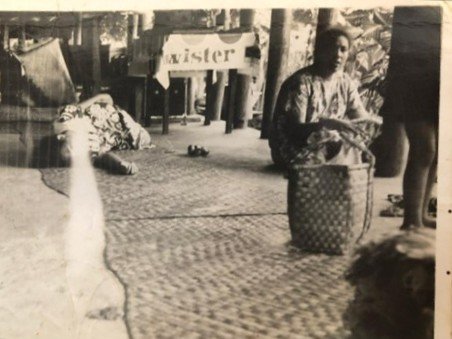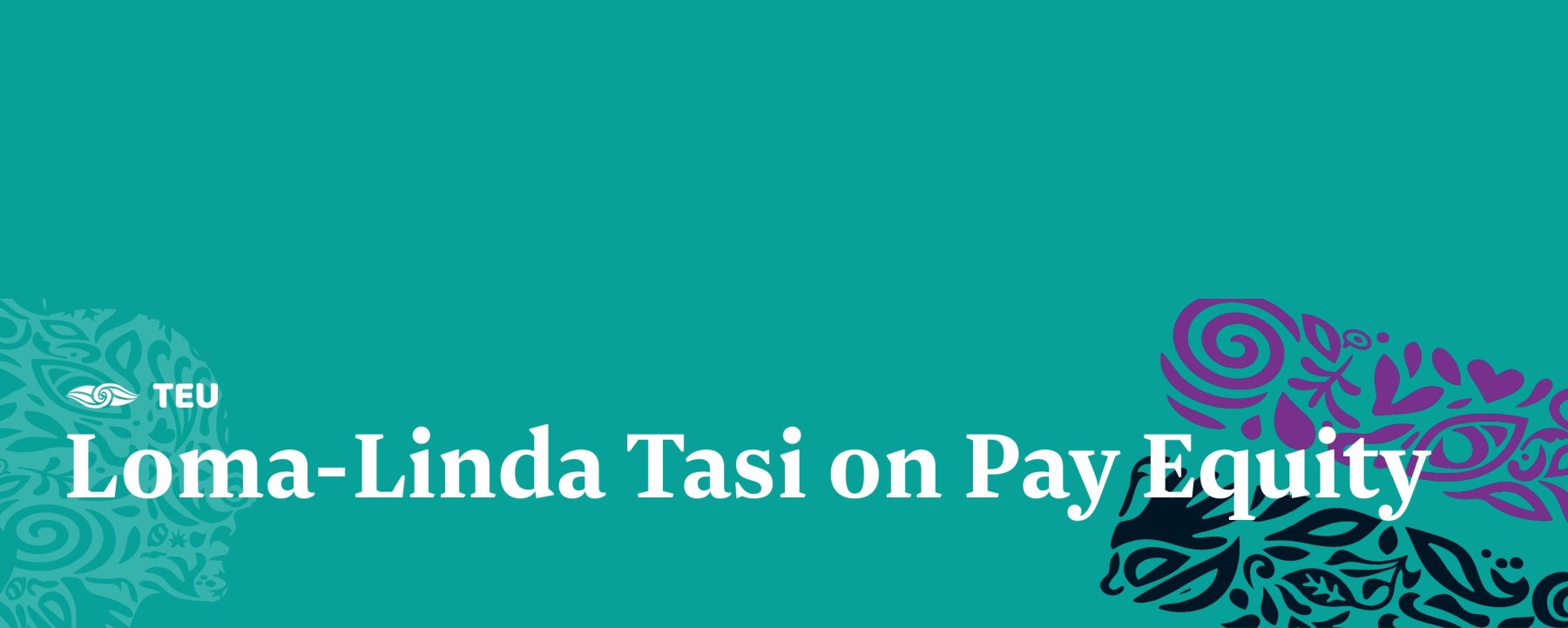Loma-Linda Tasi on Pay Equity.
Sept. 17, 2025
🗣️ Voice, Advocacy, and Support
Tell me a little about your mahi, what you do from day-to-day?
My role at Whitireia is a Senior Nurse Lecturer and I currently teach and co-lead the year one team and our ākonga cohorts. There are a total of 70+ students in year one, Bachelor of Nursing Pacific and my current workload is teaching approximately 4 days per week, with one day with team meetings and admin. In addition to my work role, I am involved in research projects with Victoria and Otago universities, advocating and advising on Pacific health and Pacific women's health issues. Currently, I serve as the Pasifika Rep for TEU National Women's Committee including the TEU Pasifika Advisory Group that is affiliated with Komiti Pasifika of CTU.
I know that you are a great advocate for wāhine in the workplace. How do you ensure that you feel safe and supported to raise concerns about pay or fairness for wāhine in their mahi?
I am in support of campaigns that support Pacific women in the workplace generally. As an active member of our TEU branch committee, I encourage women to participate in advocacy and voice their needs through various means within the organisation and in the community. This can be encouraged through specific networks such as PACIFICA Inc., a national women's network and Tausi Soifua Samoa NZ, a Samoan nurses association that is affiliated with Pacific Nurses Section of New Zealand Nurses Organisation (NZNO). Topical issues include advocating for the critical need to address Pay Gap concerns for Pacific women and Pay Gap for Pacific people in general.
🌱 Future Aspirations and Kaupapa Māori Solutions
What changes would you like to see to improve pay equity for wāhine Māori?
That Pacific women are valued and acknowledged for their contribution to society in raising a strong, actively participating and positively influencing (in society) future generations. A thriving nation is dependent on the roles of all, and fair pay for all means addressing the needs of women, Pacific women and minority groups in general on pay equity. This is essential for strengthening and empowering women who are leaders of their family unit and/or significant part of the community base.
How could Māori values (like manaakitanga, kotahitanga, and whanaungatanga) be better reflected in the tertiary education sector?
To reach out and learn more about Pacific women in their workplace. Their aspirations that bring strength and honour to an organisation and that they are proud of being as part of their day-to-day life. The workplace benefits from Pacific women who are diligent in their work duty and are proud of their own families in their rearing and raising their whānau and future generations.
Are there kaupapa Māori solutions or approaches you think would support fairer pay and treatment of wāhine Māori?
Government must recognise and show the value of women in workplace and society, where opportunities are available on a fair and equitable basis.
🧠 Closing Reflections
How do you see low pay effects your colleagues and their whānau — for example with housing, health, or cultural responsibilities?
Low pay or inequitable pay signals low value. This can have financial, psychological, and social implications when basic needs are not met to a high standard, that is available to some who can afford, but not all.
If you could speak directly to government, what would you want them to understand about wāhine Māori and pay equity?
Remember that women contribute equally to the success of society. There is a balance of qualities that women bring (to the workforce for example) and that the homeostasis of an ecosystem is essential for well and thriving beings within a society.
Do you have anything else that you would like to add?
Thank you for the opportunity to share. May this inspire further action towards fair and equitable pay for Pacific women (and men) and the general public affected by inequitable sharing of (financial) resources.


